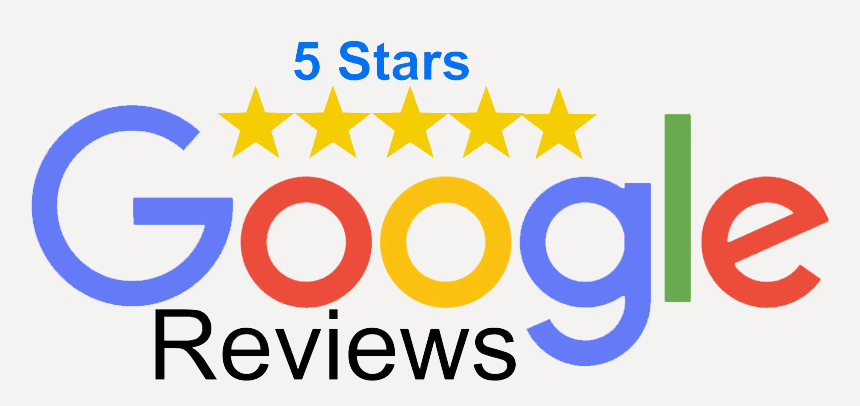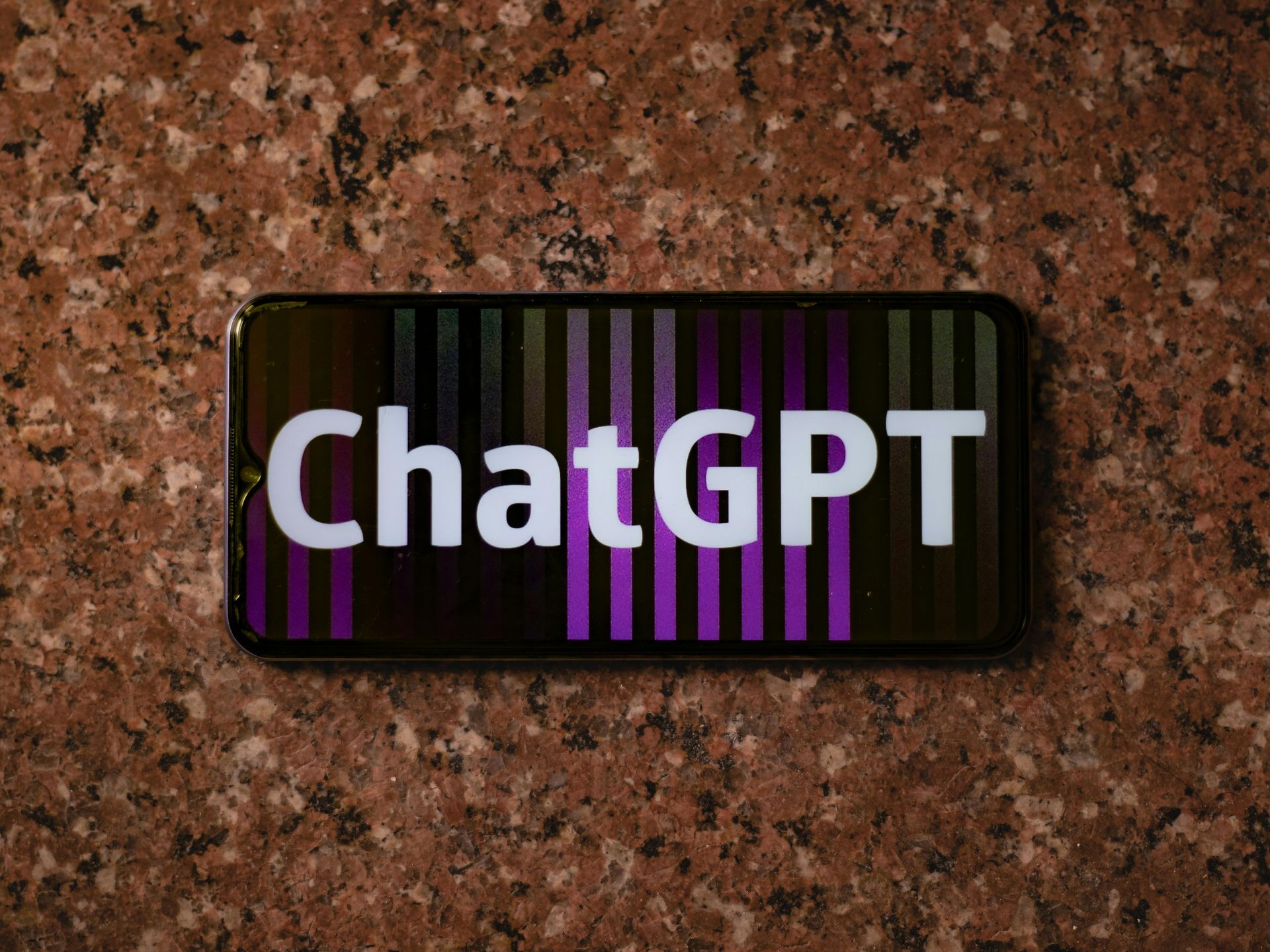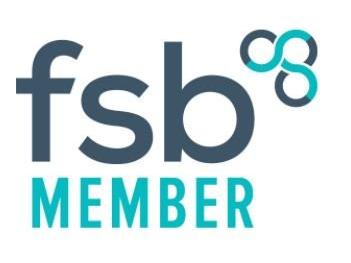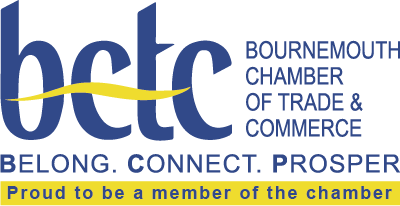Why Local SEO Matters for Small Businesses
Why Local Search Intent Matters for Small Businesses (And How to Optimise It)
If you're a small business owner looking to find new customers, understanding local search intent could make a big difference in your marketing results. Local search is all about making sure people in your area can find your business when they search online for the products or services you offer. And if you've worked with a good SEO agency, you know it's not just about getting your name out there; it's about genuine leads—getting people who need your service to find and choose you over others.
What is Local Search Intent?
Local search intent is when someone searches online to find something nearby, like "best web designer near me," "SEO Agency in Christchurch," or "digital marketing consultant in The New Forest." People do these searches because they have decided on the product or service they want and are now looking for somewhere to get it. Even searches that don't specify "near me" are often picked up by Google as local intent, showing nearby results automatically.
These searches tend to fall into three types:
- Transactional: People are ready to make a purchase, like "SEO agency in Christchurch."
- Navigational: They're looking for a specific business, like "Web designer near me."
- Informational: These searches are more about researching options, such as "best SEO agency in The New Forest."
Understanding what specific searches to optimise for you requires undertaking some keyword research.
When it comes to finding the right keywords for local search, there are some great tools available to help you get started. Google's Keyword Planner is a popular choice, offering insights into the search volume and competition levels for different keywords. Tools like SE Ranking, Ahrefs, SEMrush, and Moz also provide valuable keyword data and go a step further, showing local search trends and variations that might be relevant to your area.
These tools let you look at terms people are searching within your location, helping you to refine your strategy and focus on keywords likely to bring in local leads.
When selecting a keyword or search term to optimise for, you need to balance the selection between the following three factors:
- Search volume: How many times does a particular keyword get searched? There's no point being at the top of Google for a term that no one searches for
- Difficulty: There is no point in being in a race you can never win. If a core keyword such as SEO Agency is too competitive, add a modifier. Modifiers can be geographic, such as 'SEO Agency in Christchurch', commercial, such as 'affordable SEO service' or 'best' or industry-specific, such as 'SEO for Law firms'.
- Commercial intent: The whole point of Local SEO is to generate leads. You do not want to generate enquiries from people just looking for information and having no intention of purchasing.
Why Local Search Intent Optimisation is Crucial for Small Businesses
For many small businesses, marketing is about generating leads rather than just increasing brand awareness. You want people to find you when they're ready to take action. Over the years, we've seen numerous small businesses, from trades and retail to local services, benefit hugely from focusing on local search intent. Here's why it matters:
- Local Searches Provide Higher Quality Leads: When someone searches with local intent, they're often ready to buy or book. In fact, studies show that 76% of people who do a "near me" search visit a business within a day.
- Visibility Leads to Credibility: When potential customers see you come up in local searches, it builds trust. They're more likely to choose a local business they've seen regularly over one that's hard to find online.
Case Study Example: Photographer
One commercial photographer we worked with didn't even have a Google Business Profile before we started working with them. So their business went from being invisible online to receiving a significant number of enquiries each week—many of which converted into new customers.
Read more of our client testimonials.
How to Optimise for Local Search Intent
To make sure your business shows up when it counts, there are some key steps you can take to capture local searches effectively. Let's go through them.
Optimise Your Google Business Profile (GBP)
Your Google Business Profile is often the first thing people see when they search for services like yours. It's where potential customers will find essential details,
Many potential customers will decide whether or not to contact you by looking at your Google Business Profile. For example, suppose you have a burst pipe at your home that needs to be fixed quickly. You do a search for 'plumber near me' and see an emergency plumbing company just down the road that has 100+ five-star reviews. In that case, you will likely contact that company without too much research.
So keeping your Google Business Profile fresh and relevant is crucial:
- Keep It Accurate: Double-check your business name, address, phone number, and hours. Nothing turns people away faster than outdated information.
- Select Relevant Categories: Use business categories that accurately describe your business type so Google knows exactly what you offer.
- Encourage Positive Reviews: Good reviews improve your ranking and build credibility meaning more leads for your business.
- Add Regular Updates: New photos, posts, and offers to keep your profile active, showing Google you're a relevant choice.
Read more about optimising your Google Business Profile
On-Page SEO for Local Search
Your website is just as important as your Google Business Profile regarding local searches. Here are some SEO essentials that make a difference:
- Title Tags and Meta Descriptions: Including keywords like your city name and service type in these helps Google understand your location relevance.
- Local Content: Write about local topics, events, or community involvement, showing you're part of the area. This might include tips for the best coffee spots nearby or updates on local events relevant to your customers.
- Mobile Optimisation: Since many local searches happen on mobile, your site needs to load quickly and display well on smaller screens.
Content Strategies for Local Search Intent
Locally-focused content can help to drive more visitors to your website.. Consider creating blog posts or guides that position you as a helpful resource in your area. A few content ideas include:
- Blogs on Local Topics: Sharing insights into nearby events, news, or community happenings shows you're engaged and approachable.
- Local Guides: A guide like "Top Family Activities in Christchurch" or "Best Restaurants in the New Forest" attracts people searching for things to do nearby and builds your credibility as a local expert.
- Highlighting Partnerships and Community Involvement: If you collaborate with other businesses or sponsor events, share these! It strengthens your local ties and signals to Google that you're a relevant search result.
Case Study Example: Chiropractor
Another customer who focused on social media, but when we optimised their Google Business Profile for "chiropractor near me", the number of website clicks went up by 40% in one month.
Read more of our client testimonials.
Extra Tactics for Targeting Local Search Intent
You can take local search optimisation even further by considering paid ads or targeted social media posts focused on local audiences. By using keywords tied to local intent in your area, you reach more people who are likely to convert. At our SEO agency, we often analyse local search trends for our clients to tailor strategies to their unique areas and customer needs.
The Importance of Reviews
Customer reviews are more than just feedback; they're one of the best ways to build trust and credibility and thereby boosting your local search rankings. Google sees reviews as a signal of trust and relevance, so a steady stream of positive feedback not only builds customer trust but also improves your visibility in local searches. This means more people find you when they search for services you offer—and for small businesses, that can lead directly to more calls, visits, and bookings.
Here's how to make reviews work even harder for you: respond to them with a little SEO strategy in mind. By thoughtfully adding location-specific keywords in your responses, you're adding valuable, keyword-rich content to your listing, reinforcing your relevance in local searches. For instance, if a customer leaves a review saying, "Best plumber in [City]," your reply could be, "Thank you! We're always here to help with plumbing needs in [City]!" This small addition can boost your business's visibility when people in your area search for a plumber.
Suggested Keyword Responses for Different Types of Reviews
Positive Reviews: When someone praises a service or product, respond by incorporating a keyword that ties back to your location or service type. If a customer says, "Love the coffee here!" you could reply, "Thanks so much! We're thrilled to be your favourite coffee spot in Christchurch."
Service-Specific Reviews: When a customer mentions a specific service, reinforce that in your response. For example, if someone says, "Great experience with their garden design services," your response could be, "Thank you! Our SEO Consultants love working with customers across Christchurch."
Negative or Mixed Feedback: Negative reviews might seem daunting, but they're an opportunity to show potential customers how you handle feedback. Acknowledge the issue professionally and consider including a keyword in your response without overdoing it. For example, "We're sorry to hear about your experience with our lawn care services. Our team in Christchurch is here to help, and we'd love to discuss this further to make it right."
Businesses that consistently engage with reviews—and respond using relevant keywords—often see real results. In fact, small businesses that actively manage reviews typically see more visibility in local searches, leading to increased web traffic, calls, and foot traffic. At our SEO agency, we've helped clients achieve up to 30% more local leads by refining their review responses, making it a simple yet effective part of their local SEO strategy.
Responding to reviews is not just polite; it's a way to connect with your customers, build trust, and boost your business's search rankings—all while making a great impression on potential customers.
Conclusion
For small businesses looking to attract new customers, optimising for local search intent is a valuable approach that delivers results. It's not just about making your business more prominent online; it's about ensuring you're found by the right people at the right time.
Investing time and energy in good local SEO practices will invariably lead to more leads and customers for your business.
If you're ready to start capturing local search traffic, consider partnering with an SEO agency that understands how to connect you with potential customers in your area. You'll be able to focus on running your business while they handle the search optimisation, helping you see the tangible results that matter: new customers, more calls, and a boost in local visibility.
TL:DR
Local search intent is about ensuring your business shows up when people nearby search for your products or services. By optimising your Google Business Profile, enhancing your website's local SEO, and creating locally-focused content, you can attract more qualified leads.
Our SEO team has seen clients substantially increase their leads and foot traffic by focusing on local searches.
Optimising for local search intent is the way forward if you want to ensure you're found when it matters.
About Overt Digital Media
Overt Digital Media are a digital marketing agency specialising in Local SEO and website design. Based in Christchurch on the edge of the New Forest we help small businesses in the Bournemouth, New Forest and Southampton areas to grow by generating leads and customers from their website.














